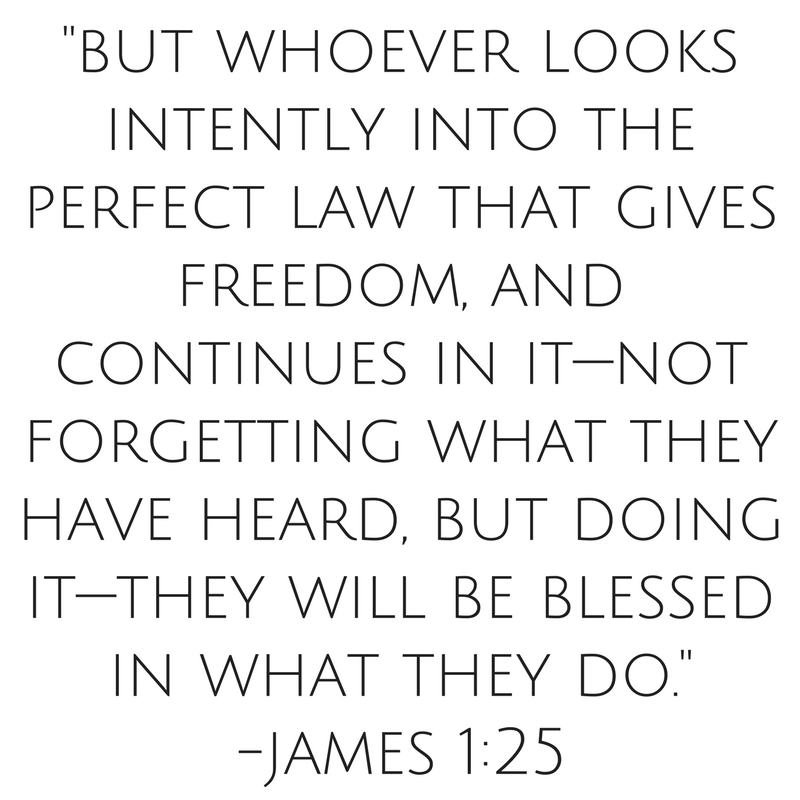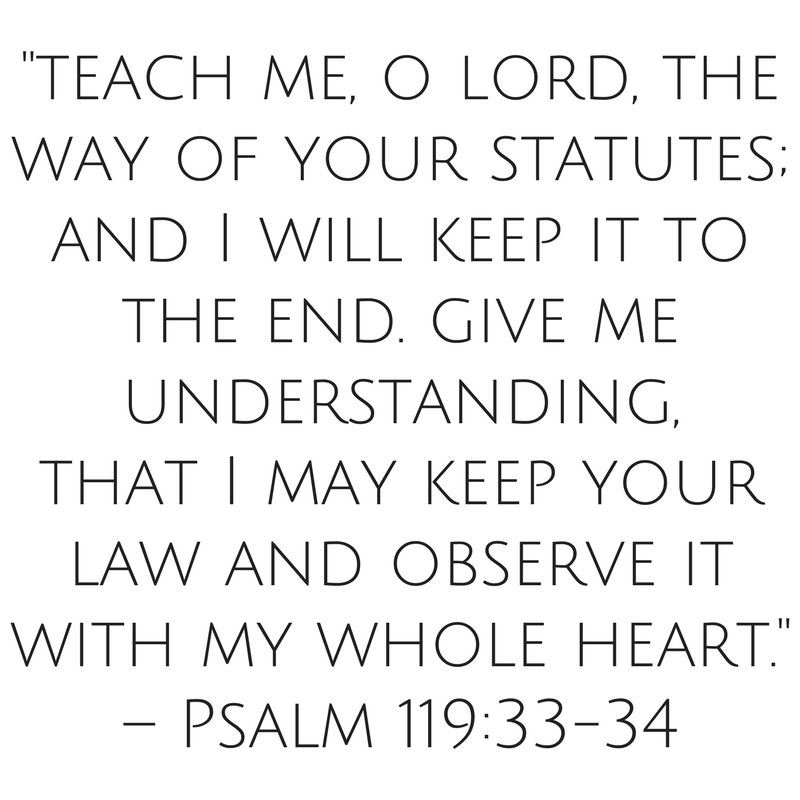
If you struggle reading the Bible, you are not alone. Some people find it hard to read the Bible consistently, others find it generally hard to comprehend, and some just find a few sections of the Bible difficult to understand.
The mere fact that the Bible exists is evidence that God desires Christians to understand what has been written. Whether you are a seminary professor or a brand new Christian who just started reading the Bible, we can all improve our biblical comprehension.
So here are 6 ways to read the Bible better.
1.Read the Bible Better By Reading It Prayerfully, Relying on the Holy Spirit
Bible reading and prayer are like food and water. You need healthy amounts of both to grow in Christ, but you also need them together. Too much food without any water, and vice-a-versa, will lead to physical undernourishment. Prayer without Bible will lead into experientialism and Bible without prayer will lead you into legalism. Prayer plus the Bible will lead to deep and true experiences with God.
It will be impossible to read and understand the Bible without the Holy Spirit opening up your mind:
And we impart this in words not taught by human wisdom but taught by the Spirit, interpreting spiritual truths to those who are spiritual.
The natural person does not accept the things of the Spirit of God, for they are folly to him, and he is not able to understand them because they are spiritually discerned. (1 Corinthians 2:13-14)
Therefore, if you want to read the Bible better, you need to read it more prayerfully, slowing down to listen to the Holy Spirit. If you come to a difficult part of Scripture, the first thing to do is ask God to help you understand it, and then prayerfully study that Scripture. When you do something prayerfully, you must slow down and do it thoughtfully.
A busy, racing mind focused on the events of the day will not lead to rich Bible reading. A prayerful state of mind will give you the best, most fertile soil for God’s word to grow.
2. The More You Understand the New Testament and the Centrality of Christ, the Better You Will Read the Whole Bible
Within hermeneutics (which is a fancy word for the interpretation of Scripture) there is a guiding principle: the New Testament interprets the Old Testament. For example, when the New Testament quotes and Old Testament passage, and then expounds on it and interprets it’s meaning, the explanation in the New Testament is the definitive, authoritative interpretation of that passage.
Even when a passage of the Old Testament is not directly quoted in the New Testament, understanding the centrality of Christ will help you read and understand the whole Bible so much better. The Old and New Testament are a continuation of one story. God is redeeming humans through Jesus Christ. The whole Bible points to Jesus. So if you are struggling to understand a passage of the Bible, it helps to ask, “How does this passage of Scripture relate to Jesus Christ?”
Therefore, I recommend that you read the New Testament at least twice as much as the Old Testament. I don’t believe the New Testament has more authority than the Old Testament. Rather, I believe that through the New Testament God has given us greater clarity of the overarching truths found throughout the whole Bible. The more you read the New Testament, the more your will understand the whole Bible because the whole Bible ultimately points to Jesus, and Jesus is highlighted most clearly in the New Testament.
3. A Good Pastor/Teacher/Preacher/Commentator Will Help You Read the Bible Better for Yourself
As the old adage goes, “Give a man a fish, feed him for a day. Teach a man how to fish, feed him for a lifetime.” Good Bible teachers, preachers, and commentators will not spoon feed you answers. They will take you through passages of Scripture, dissect them in front of you, and show you how they arrived at the answer they hold.
 Yes, we should get practical and theological answers from Christian leaders. But you have found a great teacher when they influence how you read the Bible. A great sermon should make you want to look deeper into the Bible, not deeper into the eyes of the communicator. Rock star preachers come and go. Don’t worship someone who entertains you with Christianish ideas.
Yes, we should get practical and theological answers from Christian leaders. But you have found a great teacher when they influence how you read the Bible. A great sermon should make you want to look deeper into the Bible, not deeper into the eyes of the communicator. Rock star preachers come and go. Don’t worship someone who entertains you with Christianish ideas.
The best Bible teachers don’t just give you the answers. They model good Bible reading and teach you how to find answers. So to read the Bible better, you will need to sit under the teaching of a humble pastor who points to Christ, not himself, through the weekly exposition of the word of God.
4. Read the Bible Better By Studying Different Translations
According to the popular daily devotional magazine called The Word for You Today, they choose to use multiple translations for two important reasons:
The Bible was originally written using 11,280 Hebrew, Aramaic, and Greek words, but the typical English translation uses only around 6,000 words. Obviously, nuances and shades of meaning can be missed, so it is always helpful to compare translations.
Second, we often miss the full impact of familiar Bible verses, not because of poor translating, but simply because they have become so familiar! We think we know what a verse says because we have read it or heard it so many times. Then when we find it quoted in a book, we skim over it and miss the full meaning.”
To read the Bible better, you may need to vary the translations in which you read it. Or at minimum, when you are studying a text in-depth, you can compare the passage in multiple translations. A great resource for this is Bible Gateway. When you search a passage on this website, you can choose the “parallel” option and pull up two different translations at the same time. You can also read tons of translations for free.
5. You Will Read the Bible Better When You Really Want Answers
Perhaps the most important variable in whether or not someone will attain knowledge is motivation. If you are not motivated to learn something, you will be a poor student. One of the best ways to have a high motivation for Bible reading is to ask burning questions you have.
I believe most people struggle to read the Bible daily because they do not believe the Bible can affect their day in practical ways. But when you know that the Bible has deep application effects, you will read it better and more often. You won’t find answers in the Bible if you never come to it with questions. Whether it be theological or practical, God gives us answers to our biggest questions through the Bible.
6. The More Consistently You Read the Bible, the Better Your Scriptural Comprehension Will Become
Another important hermeneutical principle is that Scripture interprets Scripture. So if you are confused about the meaning of a passage, you should look to other similar passages to give you guidance. The Bible never contradicts itself, so if you don’t know what something means in the Bible, you can begin to narrow down your options by defining what it can’t mean.
For example, a notoriously difficult passage to interpret is 1 Timothy 2:15, “women will be saved through childbearing.”One way to figure out what this means is to define what it can’t mean. This verse can’t mean women will go to heaven because they have babies as this would contradict the many passages in the Bible that state we are saved by grace and through faith in Jesus alone.
The more Scripture you take in, the better you will be able to put each verse in the context of the whole of Scripture. You should never interpret the whole Bible through the lens of one verse. Rather, you should interpret each verse through the lens of the whole Bible. The true meaning of one Bible verse will correspond with the meaning of every verse; meaning there will be no contradictions. It all fits together.
Therefore, if you want to read the Bible better, you need to read the Bible more often. In closing, this last piece of advice is fitting because reading the Bible is, in some ways, just like everything else you learn. The more you do it, the better you will get at it.
Bonus Material: How to Read the Bible Better
Here are some helpful pointers from one of my favorite Bible teachers. John Piper outlines some helpful pointers when you find it difficult to understand a section of Scripture:
- Identify what is clear from the passage. Start with what you can figure out from the passage as a whole, and then return to the unclear parts.
- Find the main point. Often the confusing parts do not contain the main point of the passage. Identifying the main point can give us clues for discovering the meaning of the difficult passage.
- Look for clues within the book and surrounding context. Search the book for key words and phrases found in the tough passage.
- Cross-reference. Utilizing cross-references, especially when a New Testament verse cites the Old, helps us to have a fuller understanding of what the authors were trying to communicate.
- Ask specific questions of the text. Addressing a challenging text as a whole can seem insurmountable. But breaking a passage down by asking specific questions about it can unravel the meaning, question by question and answer by answer.
- Use a trusted commentary. Be careful with commentaries. This caution includes trusting bad commentaries and relying too much on good ones. But commentaries can be used well, and great biblical scholars give helpful insights.

You may also like:
Get your copy of Basic Transformation (plus the study questions, which makes this a great eBook for small group Bible studies or personal devotional time) and access to all of our eBooks. It's completely free - my gift to you.
Type in your email address and a copy will be sent right to your inbox.
